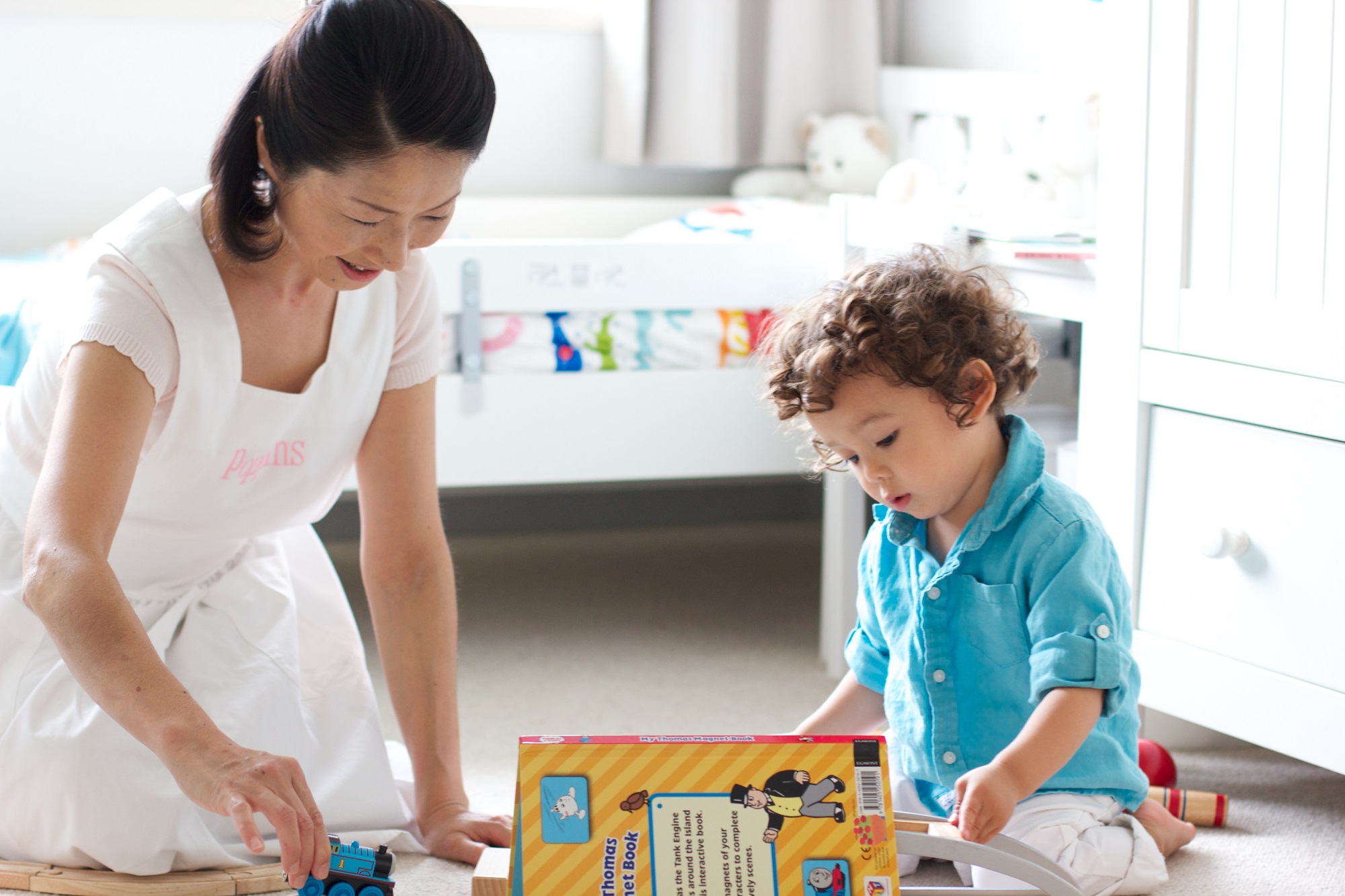If you are looking to hire a caregiver, you must ask the right questions during the interview process. This will help ensure that you find someone who is qualified and experienced in providing care.
Table of Contents
ToggleInterview Questions for Caregiver You Should Ask
Here are some of the key questions you should be asking potential caregivers:
-
What experience do you have as a caregiver?
It’s important to know how much experience they have so that you can determine if they have enough knowledge and skills to provide quality care.
-
What inspired you to work as a carer professionally?
One question you should consider asking is “What inspired you to work as a carer professionally?” This can give insight into their motivations and how passionate they are about providing quality care.
See Also: Basics Lifting Techniques for Home Caregiver
Additionally, this question may provide an opportunity for them to explain any special qualifications or experiences that make them stand out from other applicants.
Asking this type of question during interviews can be beneficial in finding the best caregiver for your loved one’s needs.
-
How would you handle difficult situations with clients or their families?
Knowing how your potential caregiver deals with challenging scenarios can give insight into their problem-solving abilities and communication style.
-
Why Do You Want to Care for Others?
When interviewing potential caregivers, it is important to ask the right questions. One of the most important questions you should ask is “Why do you want to care for others?”
This question will help you understand their motivations and values when caring for someone else. It can also provide insight into how they view themselves as a caregiver and what kind of experience they have in this field.
Asking this question can give you an idea if the person has a genuine interest in providing quality care or just looking for a job opportunity.
-
Can you tell me about any special training or certifications related to caring for seniors/disabled individuals?
Understanding what kind of extra qualifications your candidate has may indicate whether they possess additional expertise in certain areas such as dementia care or first aid certification.
-
Do you have experience treating my loved one’s condition?
In the initial interview, you should inquire about the skills that caregivers have to offer.
A competent agency would have caregivers who are qualified to deal with certain needs, such as a certified dementia care specialist. Through their agency, some caregivers may have access to additional advanced or specialized training programs.
Inquire about a caregiver’s capacity to assist with fall prevention and fall-proofing the home if your loved one has a history of falling or if you’re concerned about his or her balance.
-
Do you understand all aspects of personal hygiene, nutrition, safety protocols, etc?
Asking this question will allow them to demonstrate their understanding of these topics which could be essential when providing proper care.
You Might be Looking for: Senior Caregiver in Bangkok Thailand
-
How Should You Handle Patients Who Refuse to Take Their Medicine, Eat Their Meals, or Take a Bath?
One of the most important questions to ask is how should a caregiver handle patient who refuse to take their medicine, eat their meals, or take a bath.
The answer can tell you whether or not the candidate has experience in dealing with difficult situations and knows how to handle them effectively. It also gives insight into their problem-solving skills and ability to think on their feet.
Asking this question during an interview can give you valuable information about each individual’s qualifications as well as provide peace of mind knowing that your loved one will be taken care of properly.
-
Are you a quiet person or a talker?
One of the most important questions you should ask a caregiver is whether they are more of a quiet person or a talker. This will help determine if they can handle spending long periods with your loved one and how well they communicate with them.
-
Do You Have Experience Working with Alzheimer’s, Covid, Dementia, Parkinson’s, or Another Chronic illness Patients?
One of these should be whether or not they have experience working with patients who have Alzheimer’s, Covid, Dementia, Parkinson’s, or another chronic illness.
This will help you determine if a caregiver has the necessary skills and knowledge to provide quality care for your loved one.
Additionally, asking about their past experiences in similar situations can give you an idea of how well they may handle any challenges that come up during their time as a caregiver. Asking this question also allows them to showcase their expertise and qualifications which could make them stand out from other applicants.
-
What kind of hobbies do you have?
It shouldn’t be a deal-breaker if you don’t have any interesting hobbies; rather, it’s a wonderful chance to surprise and please your partner.
Let’s take the example of a loved one who formerly enjoyed playing the piano and has one at home but is no longer able to do so because of arthritis. Imagine how happy he or she will be when a carer joins them at the piano and begins to play.
Consider hobbies as an additional way to determine personality compatibility; at this point in the game, that’s a worthwhile objective.
-
How Can You Engage Patients and Provide Emotional Support?
One key question is “How can you engage patients and provide emotional support?” This gives insight into how well a caregiver might be able to build relationships with their clients and understand their emotions. It also helps gauge whether or not they have experience in providing comfort and reassurance during difficult times.
See Also: Benefits of Being a Caregiver We All Should Know
Asking this type of question allows employers to get an idea of what kind of caretaker the candidate would make.
Conclusion
When interviewing potential caregivers for an elderly family member or disabled individual, employers must take time to ask meaningful questions specific to the role at hand. Doing so helps ensure that only those candidates who meet the necessary criteria are hired – ultimately leading to better outcomes for both client and provider alike!

















